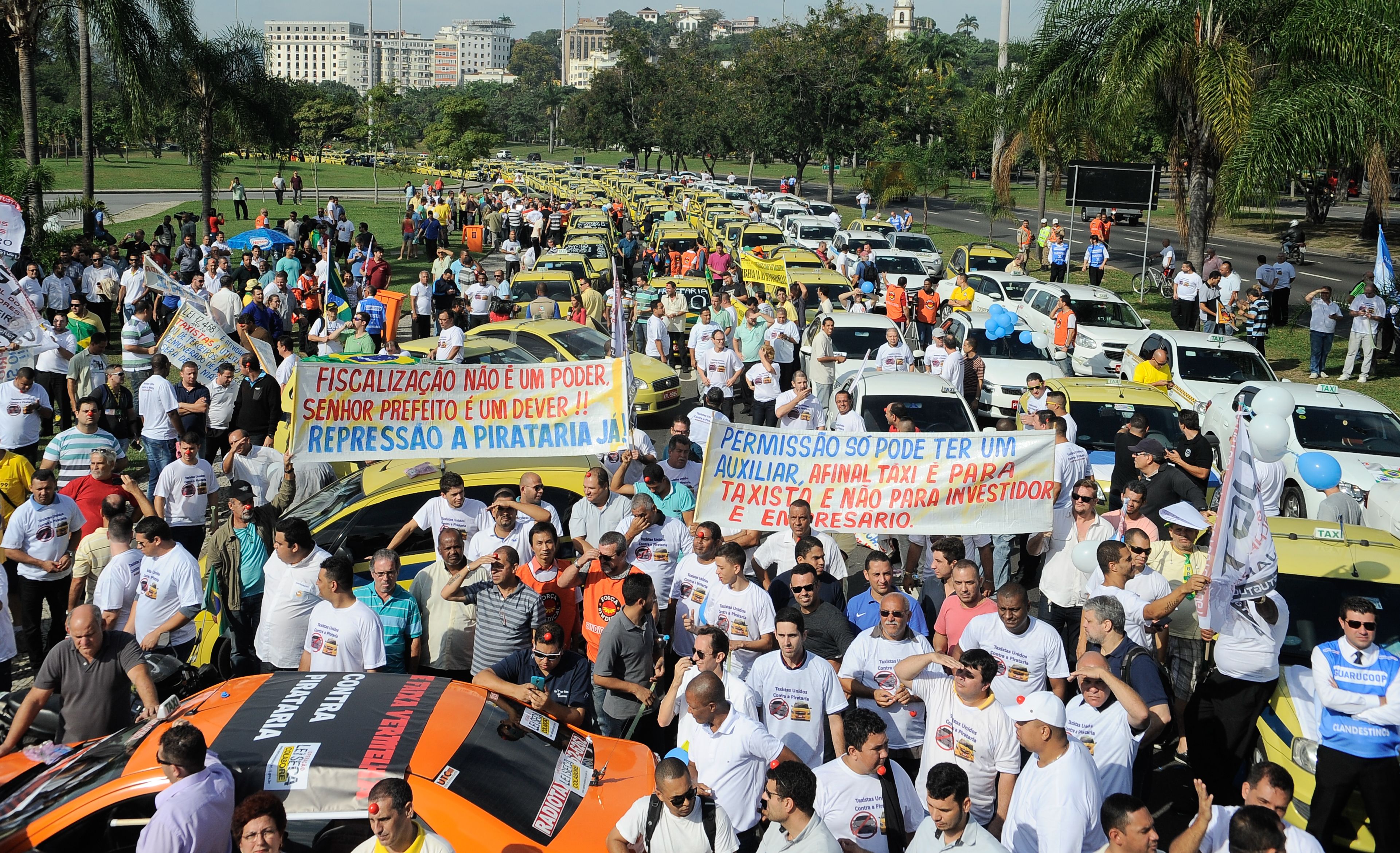Designing for friction: whole and holy
A lot of times Users of a product or a service, and even people who are not using them, are looking at designers to create something that will bring justice to all and live happily ever after. It is strange how the device these people are writing their protests on is probably build in a factory where employees suicide from performance pressure. Their clothes could be easily made it a 3rd world country by starving kids. It is easy to look the other way when the good outcome is close and the bad ripples are echoing far away.
Every Product and Service does not have only a bad or only a good side. Services like Uber and AirBnB are tightly bound into the fabric of many cities around the world. The success of these services is not rocket science: they identified a pain in society’s back and they provided a solution. The problem here however is that not everyone is ready for providing a solution overnight. Uber provided cheaper, organised and safer transport for those who needed it. It also created jobs for people who wanted to be drivers. At the same time, Uber flooded streets with cars, increased traffic, emissions, people believe that there is a big loss of jobs because of it. Airbnb provided more cosy, cheaper, less touristy options for travelers and created jobs for those who can use their property as a hotel service. At the same time whole neighborhoods are changing into boutique hotel areas, cities lose their character and people believe that there is again big loss of jobs in the hotel industries.
Was the previous situation bad and the solution good? These kind of problems in every city are systemic. Some of them source from political issues that are close to the hearts of different groups of people. While these groups work painfully slowly to adapt old tactics to a new era, these services leap-frogged the human factor and provided a viable solution. A popular solution for those who were longing for it while navigating in uncharted waters of the law. Here lies the Product design problem: people do not like feeling left outside of the solution, they feel comfortable when they feel that a solution is working around them, not over them.
Products and services are as good and as bad as their creators. What people don’t often realise is that even more than a parliament, a Prime Minister, a President or a King, technology is the exact image of people’s will because it is based on their laws and regulations they have set while it has no bias. The problems start when technology is led by corporations which will exploit every possible loophole that will allow it to perform financially better, more efficiently, and most of all with the least cost and the smallest capital loss. Technology is a tool. Tools are made by us, for us to make the everyday easier and think of greater things to achieve. Technology is an accelerator. It accelerates not only advances in Science itself but it pushes people to uncomfortable decisions.
A smartwatch on its own is a trusted technology and allows for people to achieve greater goals in sports and communicate efficiently. Today there are insurance companies that give you an expensive smartwatch for pennies along with a cheap contract in exchange for monitoring your physical condition through the device, so that they can penalise you for not keeping up with your good health. Soon the time will come when autonomous cars will be trusted devices which follow the law and driving code to the letter thus saving hundreds of lives. Looking into the future when the self driving car might be as trusted as a calculator, should people still be allowed to drive cars freely in big congested cities risking lives because they drive in a ‘human’ way? Would you by law force a drunk driver to be locked out as a driver of any vehicle? Would you prohibit people from using their own vehicles to improve the quality of the air in a city?
When these questions come for humanity to answer, the solution will not be “Let’s stop using cars”. Travel less, so there will be no AirBnB. Stop banking to stop illegal coins. When designing for services that leap-frogging the human factor, the solution lies with us, Service Designers and our empathy for all our Users and the stakeholders around them. The Service should be designed to sit well with the communities, the state and the environment. That does not necessarily imply that we are designing the most ethical solution. After all, unless a designer is paid by the government, corporate KPIs usually involve the well being of the business. Designing for Users, everyone and everything around them means less friction for the Service to take off – that doesn’t mean that we are carrying a halo while doing it.
Do we have the time and money to design a Service as a whole and even think about being ethical? We probably don’t. Uber, AirBnB, Deliveroo and Amazon were all at some point startups with limited amount of resources and money but with unlimited go-to-market will. Also designing everything upfront sounds miles away from being Agile. We can do strategy. We can mark in advance and prepare for the points of increasing tension, those moments of friction with the people, the environment and the law as the Service grows. As designers we have the knowledge and the tools to act in advance and create a whole Service , not a holy one. That decision lies with our employer. That’s why some services should be regulated and formed by designers working for the people, not for big corporations.






